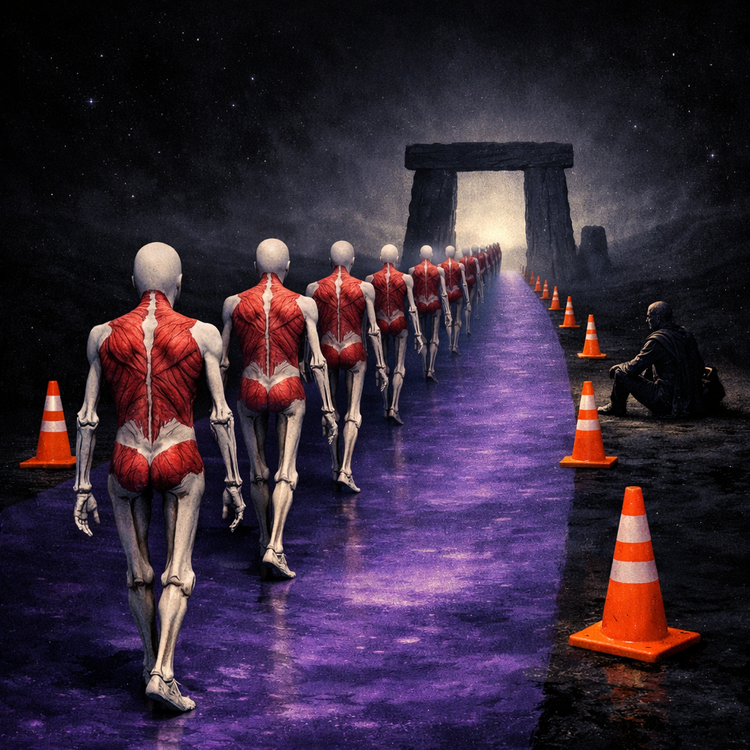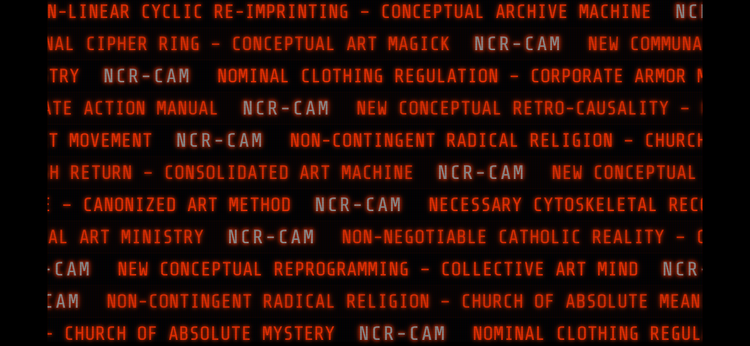Ontological AI paradigm shift

Title: Navigating the Crossroads of Automation and Human Effort in a Rapidly Evolving World
In today's fast-paced, technology-driven society, it's easy to get caught up in the excitement of automation and the promise of a future where machines handle most of our daily tasks. From smart homes that anticipate our every need to self-driving cars that promise to make traffic jams a thing of the past, the allure of a more efficient, less laborious life is undeniable. But as we embrace these advancements with open arms, it's crucial to take a step back and consider the role of human effort and the value of engaging in seemingly mundane tasks.
Throughout history, humans have sought ways to make their lives easier and more productive. The invention of the plow revolutionized agriculture, the printing press democratized knowledge, and the computer transformed the way we work and communicate. These are all examples of how automation has revolutionized our world and freed up our time for other pursuits. However, as we continue down this path of automation, we must be mindful of the potential drawbacks of over-automation.
While it may be tempting to offload all repetitive and monotonous tasks to machines, there is a compelling argument to be made for the cognitive benefits of engaging in these activities. Rote tasks, such as data entry or assembly line work, can serve as a form of mental exercise, requiring focus, discipline, and attention to detail. These skills are crucial for complex problem-solving and long-term project execution. By engaging in these tasks, we develop the mental stamina and resilience needed to tackle more challenging endeavors.
Moreover, hands-on experience with a process, even if it's mundane, provides a deep understanding of how it works that can't be replicated through abstract learning alone. This intimate knowledge can be invaluable for troubleshooting, process improvement, and creative problem-solving. It's the difference between reading about how to change a tire and actually getting your hands dirty doing it. When we engage with a task at a granular level, we develop a tactile understanding of its intricacies, which can spark insights and innovations that might otherwise go unnoticed.
There's also a case to be made for the humility and groundedness that comes from firsthand experience with the basics. Leaders and decision-makers who have spent time "in the trenches" are better equipped to understand the practical realities and challenges of their domain. They are less likely to make unrealistic demands or overlook important details. This principle applies across fields, from software managers who have done tedious debugging to policymakers who have worked on the frontlines of social services. By staying connected to the ground-level realities of their work, they can make more informed and empathetic decisions.

As we look to the future, the ideal is a balance between automation and human effort. We should embrace technology to the degree that it empowers and elevates human potential, but not to the point of atrophy. It's crucial that each generation still learns fundamental concepts, is exposed to the history of how things work, and has opportunities to tinker, create, and problem-solve. This might involve preserving hands-on learning experiences in education, rotating workers through different levels of a process, or ensuring that even highly skilled knowledge workers spend some time doing basic, unmediated tasks in their domain.
One exciting possibility on the horizon is the potential for large generative AI models to work together in an ensemble, achieving beyond human-level capability, output, rigor, and innovation. These AI models could specialize in different domains, collaborate and share insights, and engage in iterative refinement of ideas. They could process vast amounts of information, consider countless permutations and scenarios, and generate outputs at a speed and scale far beyond human capabilities. With their ability to continuously learn and adapt, these AI ensembles could tackle complex, multifaceted problems and explore a wide range of possibilities, potentially leading to groundbreaking innovations.

However, it's important to remember that even as we develop these advanced AI systems, human judgment, ethics, and oversight will still play crucial roles in guiding and applying their outputs. We must strive to create technology that is transparent and empowering to its inheritors, not just a mysterious, indecipherable black box. This will require careful design of ensemble architectures, interaction mechanisms, and governance frameworks to ensure alignment with human values and goals.
As we navigate this rapidly evolving world, it's up to us to find the right balance between automation and human effort. By valuing and facilitating the unique cognitive benefits of hands-on experiences, even as we continue to automate, we can ensure that we are not only more efficient but also more adaptable, creative, and resilient in the face of future challenges. It's a delicate dance, but one that we must master if we hope to harness the full potential of technology while retaining the essential qualities that make us human. The path forward is not a binary choice between man and machine, but a symbiotic relationship where each enhances the other. As we stand at this crossroads, let us choose wisely and chart a course towards a future where automation and human effort work hand in hand to create a better world for all.

Title: The Potential of Ontology-Based AI: Exploring the Future of Knowledge Representation and Reasoning
As we continue to push the boundaries of artificial intelligence, it's worth considering alternative approaches to the dominant paradigm of transformer-based models. One promising avenue is the concept of a massive graph database with ontologies, which could potentially revolutionize the way AI systems represent and reason about knowledge.
At its core, an ontology is a formal representation of a domain of knowledge, defining the types of entities, their properties, and the relationships between them. By organizing information in a structured, machine-readable format, ontologies enable AI systems to perform complex reasoning tasks and draw insights from vast amounts of data.
Imagine a future where AI is powered by a massive, constantly evolving graph database that encompasses all of human knowledge. This database would be algorithmically optimized to ensure maximum efficiency and accuracy, with ontologies serving as the backbone for structuring and linking information across diverse domains.

One key advantage of this approach is the ability to represent knowledge in a more semantically meaningful way. Rather than simply learning patterns from raw text data, as transformer-based models do, an ontology-based AI system would have a deeper understanding of the underlying concepts and relationships. This could enable more sophisticated reasoning capabilities, such as inferring new facts based on existing knowledge or identifying complex patterns and anomalies.
Another potential benefit is the ability to integrate and reason across multiple domains of knowledge. By linking ontologies from different fields, such as medicine, engineering, and social sciences, an AI system could identify novel connections and insights that might be missed by siloed approaches. This could lead to groundbreaking discoveries and innovations, as the AI system combines knowledge in ways that humans might not have considered.
The development of such a massive, ontology-based AI system would require significant advances in knowledge representation, reasoning algorithms, and database management. It would also necessitate the creation of standardized ontologies across various domains, as well as mechanisms for continuously updating and refining the knowledge base as new information emerges.
One approach to building this system could involve a combination of human expertise and machine learning. Domain experts could collaborate to define the initial ontologies, specifying the key concepts, properties, and relationships in their respective fields. Machine learning algorithms could then be used to automatically extend and refine these ontologies based on new data, ensuring that the knowledge base remains up-to-date and comprehensive.
The training process for an ontology-based AI system would likely differ from that of transformer-based models. Rather than feeding the system vast amounts of raw text data, the focus would be on curating high-quality, structured data that aligns with the defined ontologies. This could involve a combination of manual annotation by human experts and automated extraction from trusted sources.
As the AI system ingests this structured data, it would build a rich, interconnected graph of knowledge, with each node representing a concept and each edge representing a relationship. Sophisticated reasoning algorithms would then be applied to this graph, enabling the system to make inferences, answer questions, and generate new insights.
The potential applications of such an ontology-based AI system are vast. In the realm of scientific research, it could accelerate discovery by identifying novel hypotheses and suggesting promising avenues for experimentation. In healthcare, it could support clinical decision-making by providing personalized treatment recommendations based on a patient's unique profile and medical history. In business, it could optimize supply chain management and identify emerging market trends.
Of course, the development of an ontology-based AI system also raises important ethical considerations. As with any powerful technology, there are risks of misuse or unintended consequences. It would be crucial to ensure that the system is designed with robust safeguards and aligned with human values, such as privacy, fairness, and transparency.

Despite these challenges, the potential of ontology-based AI is immense. By leveraging the power of structured knowledge representation and reasoning, we could create AI systems that are not only more capable but also more interpretable and trustworthy. As we chart the future of artificial intelligence, it's an approach that deserves serious consideration and exploration.






Member discussion